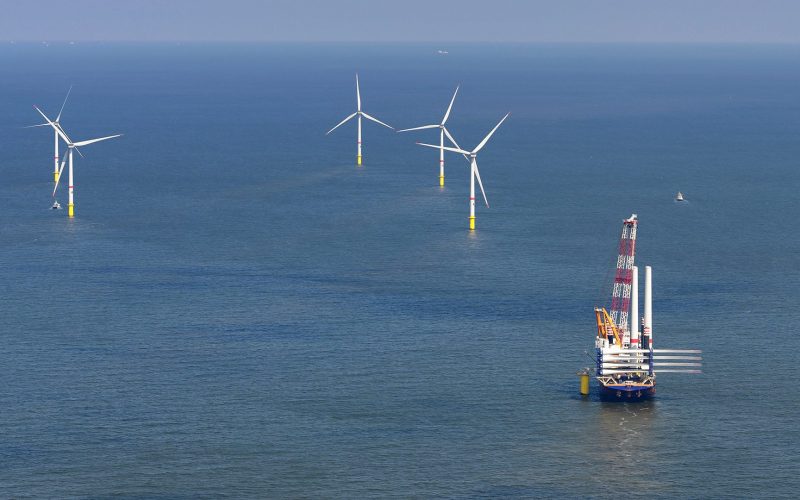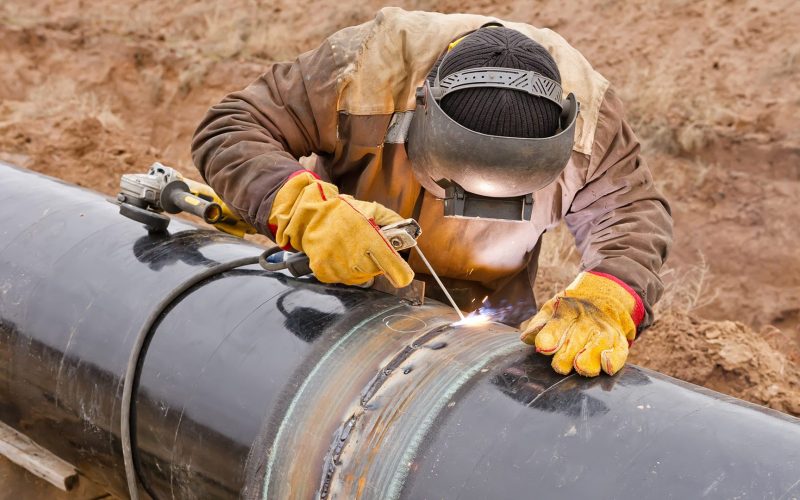THE VOICE FOR THE ENERGY CONSUMER

Tim Page, CEA Southeast’s Executive Director, looks at how offshore energy development from wind turbines to offshore platforms could help improve economic conditions across the state. If offshore energy is.

With renewed debate on the Renewable Fuel Standard (RFS), CEA’s David Holt discusses how Congress’s failure to review the standard has negatively affected America’s families, farmers, and small businesses. Congress.
New pipelines are allowing the petrochemical industry in Corpus Christi to expand, providing new job opportunities to residents throughout the area. In Corpus Christi, at the other end, EPIC is.

CEA’s Tim Page discusses the importance of having a respectful dialogue on the development of North Carolina’s energy resources and how families across the state can benefit from lower energy.

Last month, we mentioned the growing problem of constrained pipelines in Texas. Production increased faster than anticipated, with pipelines now reaching near maximum capacity preventing additional oil and natural gas.

More state legislatures are reviewing critical infrastructure laws in light of increasingly violent anti-development protesters who have shot at pipelines in residential areas, attempted to shutoff manual safety valves, and.

CEA’s Tim Page talks about how important natural gas production has been to expanding Virginia’s economy and reducing emissions across the country. Natural gas is also a very versatile fuel..

With energy prices increasing in recent weeks, CEA’s Mike Butler discusses how to keep energy affordable for families while also ensuring our environment is protected. It’s critical that industry does.
Constrained infrastructure is quickly leading to problems getting oil and natural gas to end-users in Texas. A pipeline shortage that’s leaving gas trapped in West Texas’ Permian Basin means prices.

IOGA’s Charlie Burd was recently interviewed on why pipelines are necessary to continue the boom of energy production in West Virginia, and how energy-intensive manufacturers will be attracted to West.